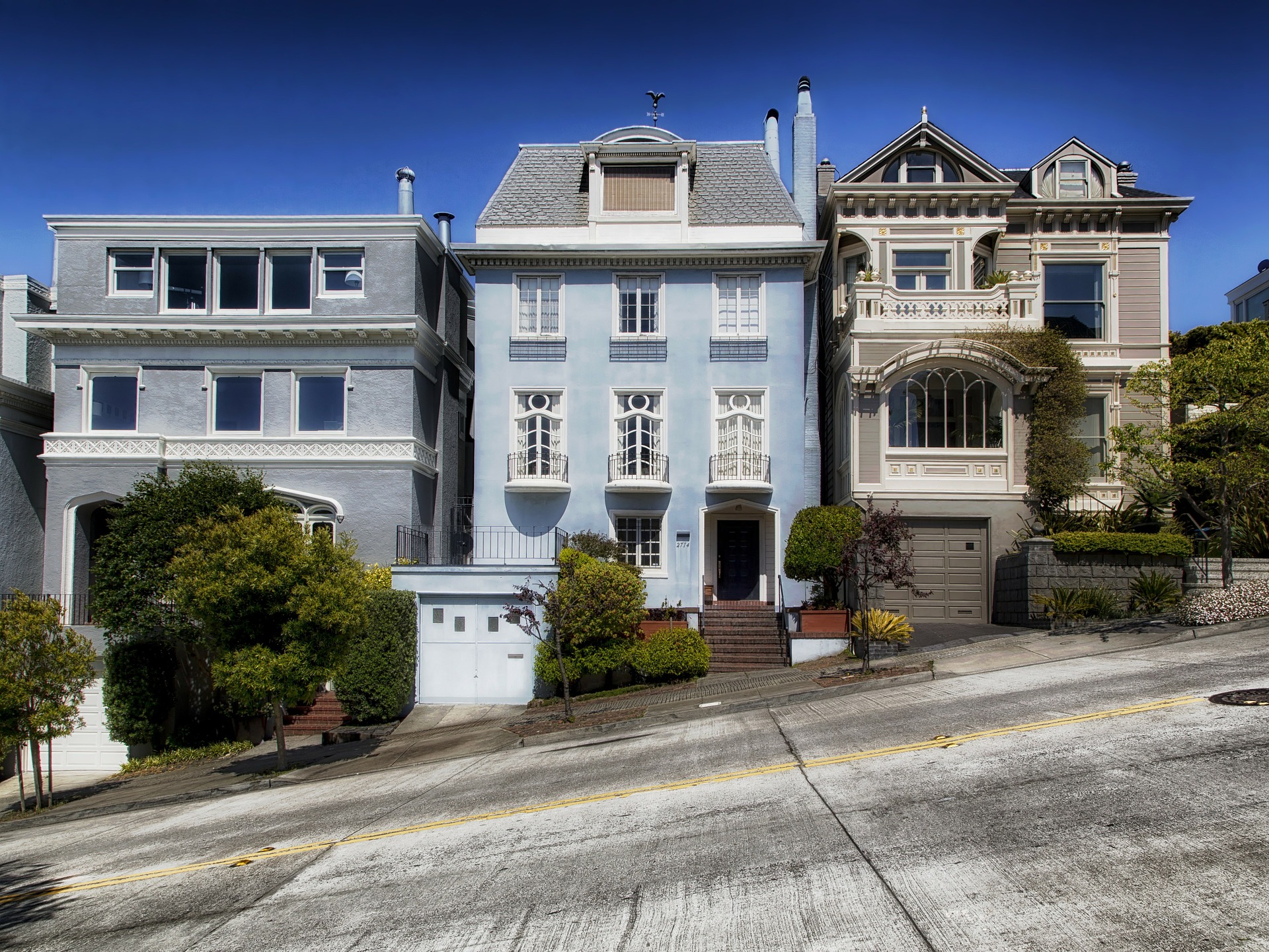By Chris Reed.
The issue of short-term vacation rentals continues to roil California cities large and small, but a major compromise in San Francisco agreed to by Airbnb and HomeAway has ended for now the fighting in the city that has the third most home-sharingin the Golden State.
As of Jan. 16, all such rentals in San Francisco had to beregistered with the city, with permits paid for and transient occupancy taxes regularly paid. Online rental platforms that didn’t sign the settlement will face criminal penalties as well as fines up to $1,000 day if they rent out homes, condos or apartments which didn’t comply with the standards accepted by Airbnb and HomeAway.
Hotels, timeshares, bed-and-breakfasts and homes rented for 30 days or more are not affected.
At least temporarily, the compromise has put a dent in Airbnb business in San Francisco, city officials told the Chronicle. Given that the city is rejecting more than a quarter of applications for various reasons, Airbnb might never have as many listings as its peak number in the unregulated era. Homeowners who only rent infrequently may consider the $250 registration fee too high and the bureaucratic hassles too many.
The compromise was finalized last year after a long court battle that began when the home-share companies sued in U.S. District Court over a restrictive city law that was eventually upheld.
Giant apartment chain loses suit over Airbnb rentals
Airbnb – which was founded in San Francisco in 2008 and remains headquartered there – faces further battles across California.
Recently, it won another federal court case, this time in Los Angeles. It involved a lawsuit filed by Aimco, one of America’s biggest landlords, which owns apartment buildings in 24 California communities from the Bay Area to San Diego, as well as throughout the U.S.
Aimco wanted Airbnb to take responsibility for making sure its tenants didn’t use Airbnb, which is a violation of Aimco’s standard lease. On Dec. 29, the U.S. District Court ruled for Airbnb.
Aimco, a Denver-based corporation, denounced the ruling as a violation of its privacy rights. But it has not yet made clear whether it will appeal the ruling.
Stalemate over rental regulations continues in Los Angeles
While Airbnb has secured a deal in San Francisco, officials in the two largest markets – Los Angeles and San Diego – have been trying to come up with a consensus for years. Both cities have laws on the books that essentially forbid short-term rentals in most neighborhoods but have only rarely been enforced.
The Los Angeles City Council in October held a public hearing on a proposal to impose relatively strict limits on its 23,000 short-term rentals – in particular a requirement that only the home’s primary owner could list a home, not investors who have proliferated in recent years because of Airbnb and similar companies. But a council committee decided to continue looking at the issue after complaints the rules were either too strong or too weak. There was also criticism of a provision to ban renters of rent-controlled apartments from using platforms like Airbnb.
The San Diego City Council in December couldn’t find a fifth vote on the nine-member board for either a tough ordinance that Airbnb homeowners depicted as potentially devastating or a measure that would have added some limits and used ramped-up city enforcement to target “party houses” that disrupt beach neighborhoods. The city has an estimated 9,000 short-term rentals.
[divider] [/divider]





